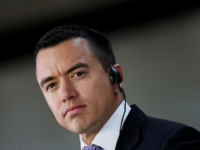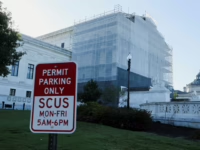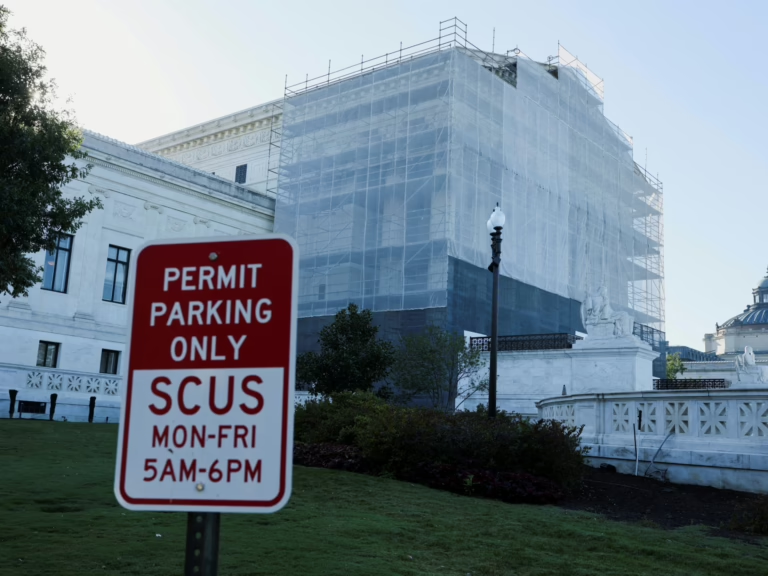The U.S. Supreme Court is leaning toward supporting a challenge against Colorado’s statute that prohibits licensed therapists from administering “conversion therapy” to minors aimed at altering their sexual orientation or gender identity.
During Tuesday’s session, the Court, dominated by a six-to-three conservative majority, examined whether this ban infringes upon First Amendment free speech protections.
The lawsuit was initiated by Kaley Chiles, a licensed counselor and Christian, who contends that Colorado’s law violates her constitutional right to free expression.
Conversely, Colorado defends the legislation, with Solicitor General Shannon Stevenson asserting that the law targets harmful actions rather than speech itself.
Enacted in 2019, Colorado’s law forbids mental health professionals from attempting to change a minor’s sexual orientation or gender identity with a predetermined goal. This practice, commonly referred to as conversion therapy, is often linked to religious objections to LGBTQ identities.
Critics argue that conversion therapy is scientifically unfounded and poses significant risks, including psychological harm and discrimination against LGBTQ youth.
Supreme Court Justices Deliberate
Colorado maintains that Chiles’s free speech claims are speculative, noting that she has not faced any disciplinary action under the law.
However, the Alliance Defending Freedom, representing Chiles, warns that the law may lead therapists to self-censor out of fear of penalties.
Attorney James Campbell, advocating for Chiles, stated that the statute “prohibits counselors like Kaley Chiles from assisting minors in pursuing goals related to gender and sexuality that the state disfavors.”
Justice Samuel Alito, a conservative voice on the bench, appeared sympathetic to the argument that the law suppresses certain viewpoints.
During the hearing, Alito challenged Stevenson by pointing out that the law permits therapists to support a patient’s acceptance of a gay identity but forbids helping a patient who wishes to reduce or eliminate same-sex attraction.
“Your statute seems to mandate contradictory outcomes in these scenarios,” Alito remarked, calling it “clear viewpoint discrimination.”
Chief Justice John Roberts also expressed skepticism about the state’s position that the law regulates conduct rather than speech, emphasizing that “engaging in conduct does not strip away First Amendment protections.”
Medical Community’s Stance
Colorado is among over 20 states that have outlawed conversion therapy, a practice widely discredited by medical professionals.
The American Academy of Child and Adolescent Psychiatry has publicly condemned conversion therapy, warning that it can exacerbate mental health issues in minors and contribute to stigmatization of LGBTQ identities.
According to the academy, “These interventions are based on the erroneous belief that homosexuality and gender diversity are disorders. Since they are not pathological conditions, there is no justification for conversion or similar treatments.”
A 2019 report from the Williams Institute at UCLA’s School of Law estimated that nearly 700,000 LGBTQ adults have experienced conversion therapy, including approximately 350,000 who underwent such treatment during adolescence.
In her opening remarks, Stevenson highlighted, “The state’s authority is strongest when regulating healthcare to protect safety. Colorado’s law is central to this mission, banning a treatment that is ineffective and poses significant harm.”
The Supreme Court’s decision is anticipated by the end of June.
Recently, the Court’s conservative majority has tended to favor rulings that broaden religious liberty claims, even in cases involving potential anti-LGBTQ discrimination.
For example, at the conclusion of the 2024-2025 term, the Court upheld parents’ rights to exclude school materials featuring LGBTQ content.






















